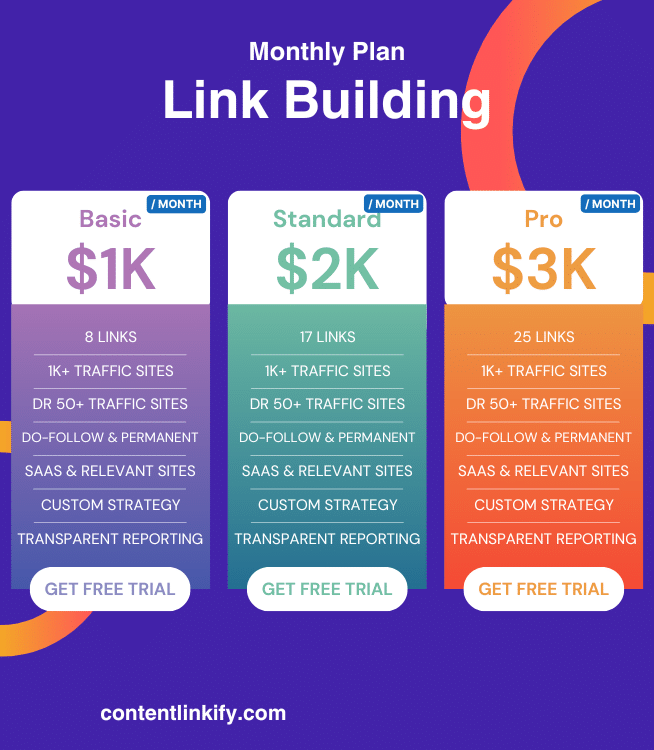Did you know that optimizing your website for search engines can result in a 434% increase in search engine traffic? It’s true! Creating SEO-friendly content is key to improving your website ranking and getting more visibility in search engine results.
But where do you start? Don’t worry, I’ve got you covered.
In this article, I’ll share easy and actionable tips to help you create SEO-friendly content that will optimize your website for search engines and improve your online presence. By implementing these strategies, you’ll be able to maximize your impact and drive more organic traffic to your site.
Key Takeaways:
- Optimizing your website for search engines can result in a 434% increase in search engine traffic.
- Creating SEO-friendly content is essential to improve your website ranking and visibility in search engine results.
- By implementing easy tips and strategies, you can effortlessly create SEO-friendly content and drive more organic traffic to your site.
- Conduct thorough keyword research to identify the keywords and phrases your target audience is using to search for information related to your website.
- Optimize your meta tags, including meta titles and meta descriptions, to improve your website’s visibility and click-through rates in search engine results.
Conduct Thorough Keyword Research
Keywords are the building blocks of effective SEO. Before you dive into creating content, it’s crucial to conduct thorough keyword research. This process involves identifying the specific keywords and phrases that your target audience is using to search for information related to your website.
By understanding the keywords that are most relevant to your industry and target audience, you can strategically incorporate them into your content. This helps improve your on-page SEO, making it easier for search engines to understand the purpose and relevance of your webpages.
Keyword research is a vital step in optimizing your website for search engines. It allows you to stay ahead of your competitors and increase the chances of your website ranking higher in search engine results.
Why is Keyword Research Important?
Keyword research helps you understand the language of your target audience and their specific needs and interests. By creating content that aligns with their search queries, you can attract more organic traffic to your website and increase your chances of conversion.
To conduct effective keyword research, start by brainstorming a list of relevant topics and ideas related to your website. Then, use keyword research tools such as SEMrush, Moz, or Google Keyword Planner to identify specific keywords and phrases that are popularly searched by users in your industry.
Consider the search volume, competition level, and relevance of each keyword to determine the best ones to target. Aim for a mix of high-volume, high-competition keywords and long-tail keywords with lower competition but higher specificity.
Using Keywords Strategically
Once you have identified the relevant keywords, it’s essential to use them strategically in your content. Consider the following tips:
- Include keywords in your headings: Incorporate keywords into your H1, H2, and H3 headings. This helps search engines understand the key themes of your content.
- Optimize your title tags: Use keywords in your title tags to provide a concise and accurate description of the webpage’s content. This is what users see on search engine results pages.
- Write quality content: While keyword optimization is crucial, make sure your content is valuable and engaging. Focus on providing comprehensive information that addresses the needs of your target audience.
- Use keywords naturally: Avoid overstuffing your content with keywords. Instead, incorporate them naturally throughout the text to maintain readability and user experience.
By conducting thorough keyword research and strategically incorporating keywords into your content, you can optimize your website’s on-page SEO. This increases your chances of ranking higher in search engine results, attracting more organic traffic, and ultimately driving the success of your online presence.
| Advantages of Thorough Keyword Research | Best Practices |
|---|---|
| Improved on-page SEO | Use keyword research tools like SEMrush and Moz |
| Increased website visibility | Focus on high-volume, high-relevance keywords |
| Higher search engine rankings | Incorporate keywords into headings and title tags |
| Attract more organic traffic | Write quality content that addresses audience needs |
| Enhanced user experience | Use keywords naturally and avoid overstuffing |
Optimize Your Meta Tags
When it comes to optimizing your website for search engines, meta tags, including meta titles and meta descriptions, play a crucial role. These tags provide search engine crawlers with a brief summary of your webpage’s content. Optimizing your meta tags is an essential on-page SEO technique that can significantly improve your website’s visibility and click-through rates in search engine results.
To effectively optimize your meta tags, follow these key strategies:
- Accurately reflect your content: Ensure that your meta tags accurately represent the content of your webpages. This helps search engines understand the relevance of your page to user queries.
- Include relevant keywords: Incorporate relevant keywords into your meta tags. These are the words and phrases that your target audience is using to search for information related to your website. Including keywords in your meta tags signals to search engines the topic and relevance of your webpage.
By optimizing your meta tags, you provide search engines with valuable information about your webpage’s content, making it easier for them to understand and classify your website in their search results. This, in turn, can lead to improved visibility and increased organic traffic.
“Optimizing your meta tags helps search engines understand the relevance of your page to user queries.”
Here’s an example of how a well-optimized meta tag can improve your website’s visibility:
| Page Title | Meta Description | Search Engine Result |
|---|---|---|
| Best Running Shoes | XYZ Sports | Find the perfect running shoes for your next marathon. XYZ Sports offers a wide selection of high-quality running shoes for all types of runners. | Best Running Shoes | XYZ Sports: Find the perfect running shoes for your next marathon. XYZ Sports offers a wide selection of high-quality running shoes for all types of runners. Shop now! |
In this example, the meta title and meta description accurately reflect the content of the webpage, which is about running shoes. By including relevant keywords like “best running shoes,” “XYZ Sports,” and “high-quality running shoes,” the meta tag helps search engines understand the webpage’s content, improving its chances of appearing in relevant search results.
Build High-Quality Backlinks
When it comes to improving your website’s visibility and search engine rankings, building high-quality backlinks is an essential off-page SEO technique. Backlinks serve as “votes of confidence” for your website, indicating to search engines that your content is valuable and trustworthy.
But how do you go about building these valuable backlinks? Start by focusing on acquiring backlinks from authoritative sources within your industry or niche. These reputable websites can provide a strong endorsement of your content, further reinforcing your website’s credibility.
One effective strategy is to reach out to other website owners or bloggers whose content aligns with yours. Offer to collaborate or contribute guest posts that contain valuable insights or information. By doing so, you not only establish a backlink to your website but also showcase your expertise to a wider audience.
Example
“As an expert in my field, I often reach out to industry leaders and offer to write guest posts for their websites. This not only helps me build high-quality backlinks but also allows me to share my expertise with a broader audience. It’s a win-win situation for both parties!” – John Smith, SEO Specialist
Another way to build backlinks is through content creation and promotion. Produce high-quality content that others will find valuable and informative. This can include blog posts, infographics, or videos. Once your content is published, actively promote it on social media platforms and relevant online forums to encourage others to link back to it.
Remember, the key to successfully building backlinks is quality over quantity. Focus on acquiring backlinks from authoritative sources that genuinely enhance the value of your content. This will not only boost your website’s credibility but also result in higher search engine rankings.
High-Quality Backlink Building Strategies
| Strategy | Description |
|---|---|
| Guest Blogging | Collaborate with industry leaders to contribute guest posts containing backlinks to your website. |
| Content Promotion | Create valuable content and actively promote it on social media and relevant forums to encourage backlinks. |
| Competitor Research | Analyze the backlink profiles of your competitors to identify potential link-building opportunities. |
| Link Outreach | Reach out to website owners or bloggers within your niche, offering to collaborate or contribute valuable content. |
| Social Media Engagement | Actively engage with your target audience on social media platforms, promoting your content and attracting backlinks. |
Conclusion
In conclusion, implementing effective search engine optimization (SEO) techniques is crucial for optimizing your website’s visibility, increasing its ranking, and driving organic traffic. By combining both on-page and off-page optimization strategies, you can enhance your website’s performance and attract more visitors.
One essential aspect of creating SEO-friendly content is conducting thorough keyword research. By identifying the keywords and phrases that your target audience uses when searching for relevant information, you can strategically incorporate them into your content. This helps improve your on-page SEO, making it easier for search engines to understand and rank your website.
Optimizing your meta tags, including meta titles and meta descriptions, is another vital SEO technique. Make sure your meta tags accurately represent the content of your webpages and include relevant keywords. This can significantly improve your website’s visibility and click-through rates in search engine results.
Building high-quality backlinks from reputable websites is also an effective off-page SEO strategy. Backlinks act as endorsements for your website, indicating to search engines that your content is trustworthy and valuable. Focus on acquiring backlinks from authoritative sources within your industry or niche to improve your website’s credibility and increase its search engine rankings.









